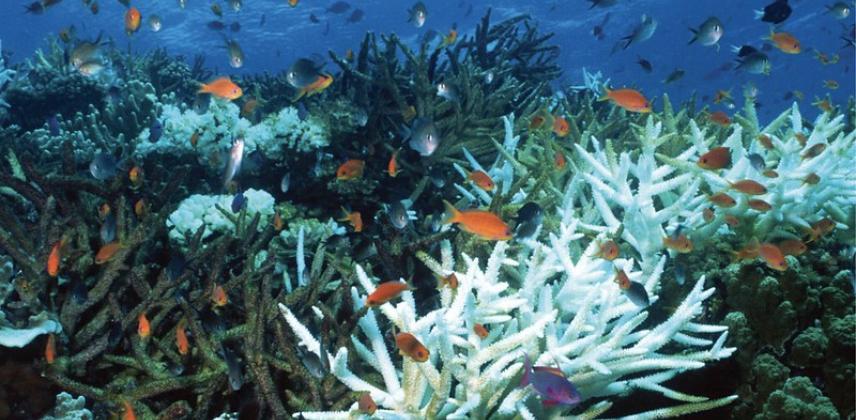The programme supports ACP member states to effectively comply with and implement a number of MEAs belonging to biodiversity and chemicals, waste cluster. Such support includes effective integration of environmental concerns into national policies and laws,mainstreaming environmental issues into SDGs, development of national and regional positions and inputs into MEAs processes, strengthening implementation actions with diverse stakeholder groups, awareness raising, undertaking assessments and sharing of experiences form some of the key areas of support.
Biodiversity Cluster
Supporting a number of multilateral environmental agreements belonging to the biodiversity cluster such as the Convention on Biological Diversity (CBD), the Convention on International Trade in Endangered Species (CITES), the Convention on Migratory Species (CMS) and others, the programme focuses on specific activities such as strengthening national capacities to implement the MEAs, prepare for contributions to decision making processes, development of national actions plans and strategies, under taking assessments and training stakeholder groups on key issues of compliance.

Chemicals Cluster
Focusing on reducing the impacts of chemicals and waste on natural environment, human health and agriculture, including from Mercury, the Programme support national and regional activities to reduce and stop use of hazardous chemicals and waste, ensure safe movement of chemicals across regions, develop guidelines on safe handling of chemicals and support synergies between activities belonging to biodiversity and chemicals and waste. Collaborating with the Basel, Rotterdam and Stockholm (BRS) Conventions, the Minamata Convention and regional conventions such as the Bamako Convention, the ACP MEAs 3 Programme also supports effective decision making of the COPs of these MEAs besides supporting science based decision making.

Other MEAs
The ACP MEAs 3 Programme supports a number of regional actions, including in collaboration with Regional Seas Conventions on issues of conservation and management of chemicals and waste. Support of Bamako Convention in Africa is an example of such action.




